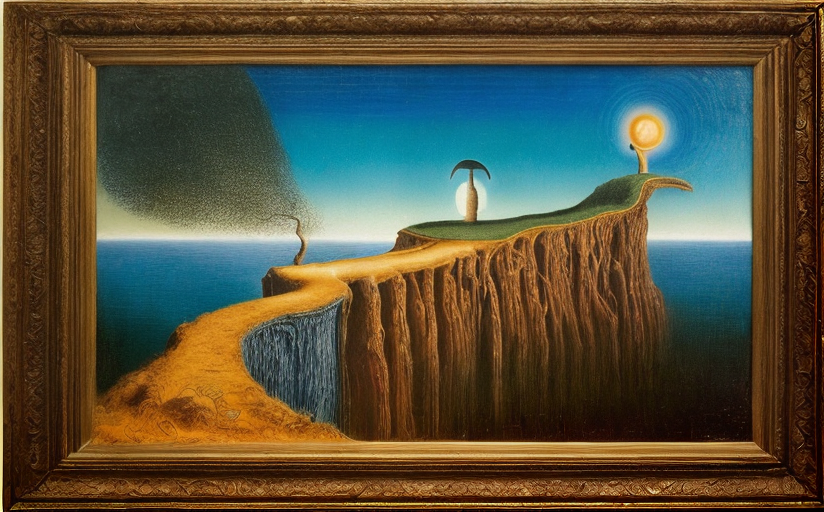The Intriguing World of Surrealism in Literature
Surrealism is an intellectual, artistic, and literary movement characterized by the surrealist authors' revolutionary visions. Dating back to its birth in the early years of the 20th century, it has since impacted literature across several genres and styles, challenging readers' understanding of reality.
The Origins of Surrealism
Surrealism traces its roots back to the Dadaist movement that emerged in Europe during World War I as a form of artistic anarchy, a reaction against rational thought, which they blamed for the horrors of war. However, it was in 1924 that Surrealism was officially founded by French writer André Breton with the publication of the Surrealist Manifesto. It aimed to liberate the minds from the limitations posed by reason, morality, and societal norms and delve into the boundless realms of the subconscious mind.
Characteristic Features
Surrealism in literature seeks to express the workings of the psyche and is characterized by the juxtaposition of the ordinary with the extraordinary, the conscious with the unconscious, and reality with dreamlike fantasies. It uses irrational imagery, surprising analogies, and a plethora of symbolism to convey its themes.
Key Contributors
Other than Breton, some notable surrealists include Salvador Dalí, René Magritte, and Joan Miró, who, though known for their surrealistic visual art, also contributed significantly to surrealism in literature. In the realm of pure literature, writers like Paul Éluard, Robert Desnos, and Louis Aragon have created timeless Surrealist pieces.
Surrealism's Influence and Resurgence
Surrealism has deeply influenced various literary styles and genres, from magical realism to speculative fiction. It has seeped into contemporary literature, inspiring authors like Gabriel Garcia Marquez, Haruki Murakami, and Franz Kafka. It also continues to find relevance in today's world, challenging and enriching our understanding of the world.
Impact on Our Understanding of Reality
Surrealism, with its blend of reality and dreams, has shaped our understanding of reality by prompting us to question the so-called 'ordinary' and 'normal' and encouraging us to explore untapped aspects of our unconscious minds, revealing the strangeness in the familiar and vice versa.
Examples of Surrealist Texts
Works like Nadja by André Breton, The Magnetic Fields by André Breton and Philippe Soupault, and Soluble Fish by Paul Éluard beautifully encapsulate the essence of surrealism in literature.
In conclusion, despite being nearly a century old, surrealism continues to exert a profound influence on literature and how we perceive reality. By encouraging a deeper exploration of the human psyche, it offers a refreshing take on reality, thus elevating the literary discourse to mystifying heights.

















Comments
Leave a Comment